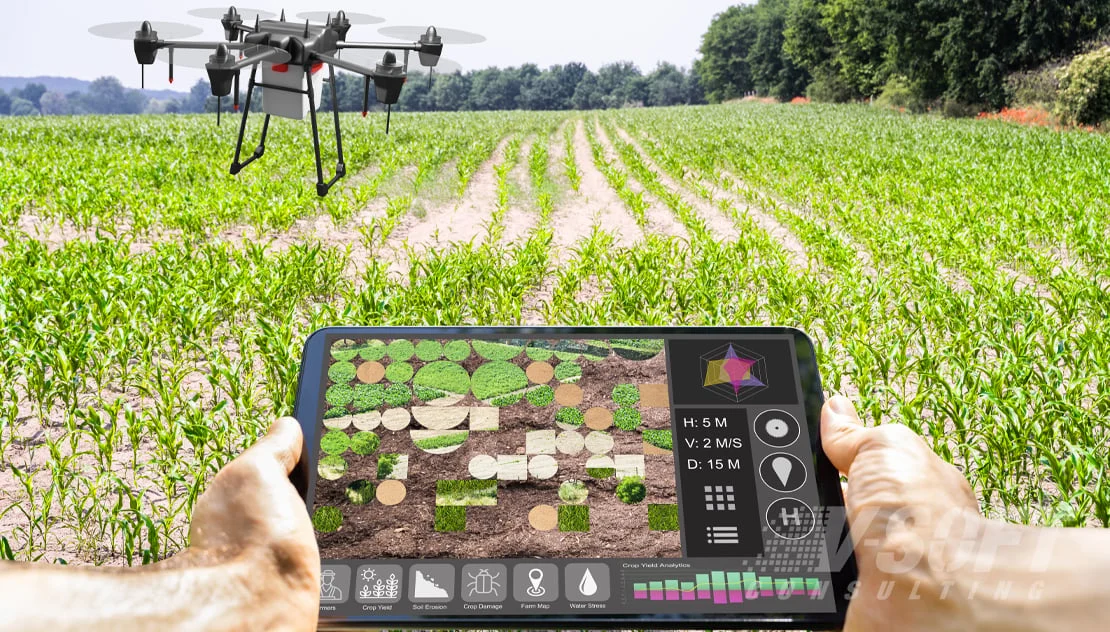Artificial Intelligence (AI) is transforming the agricultural sector by enhancing productivity, improving crop management, and supporting sustainable farming practices. Understanding how AI works and its role in agriculture helps farmers and organizations embrace smart farming solutions to meet growing global food demands.
What is AI in Agriculture?
AI in agriculture refers to the use of intelligent algorithms, machine learning, computer vision, and data analytics to optimize farming activities. These technologies help automate processes, monitor crop health, and make data-driven decisions for better yield and resource management.
How AI Works in Agriculture
AI systems collect and process large amounts of agricultural data from sources like sensors, drones, satellites, and farm equipment. By analyzing weather patterns, soil conditions, crop images, and growth trends, AI can provide actionable insights to support timely interventions and efficient farming practices.
Key AI Techniques Used
Machine Learning: Helps predict crop yields, detect plant diseases, and recommend farming strategies based on historical and real-time data.
Computer Vision: Analyzes images from drones and cameras to monitor plant health, pest infestations, and soil quality.
Predictive Analytics: Forecasts weather conditions, irrigation needs, and potential risks to help farmers make informed decisions.
Robotics and Automation: Enables smart machinery for planting, harvesting, and precision spraying to improve efficiency and reduce manual labor.
Benefits of Using AI
AI supports precision agriculture, improves crop quality, reduces waste, and optimizes the use of resources like water and fertilizers. It also enhances early detection of pests and diseases, helping farmers protect their crops and reduce losses.
Limitations to Keep in Mind
AI in agriculture depends on accurate data and proper infrastructure. Small-scale farmers may face challenges in accessing advanced technologies, and human oversight is still necessary to interpret AI recommendations effectively.
Conclusion
Understanding AI’s role in agriculture helps farmers and agricultural businesses adopt smart technologies to improve productivity and sustainability. By integrating AI with traditional farming knowledge, the agricultural sector can meet future food demands more efficiently and responsibly.Tools







Leave feedback about this